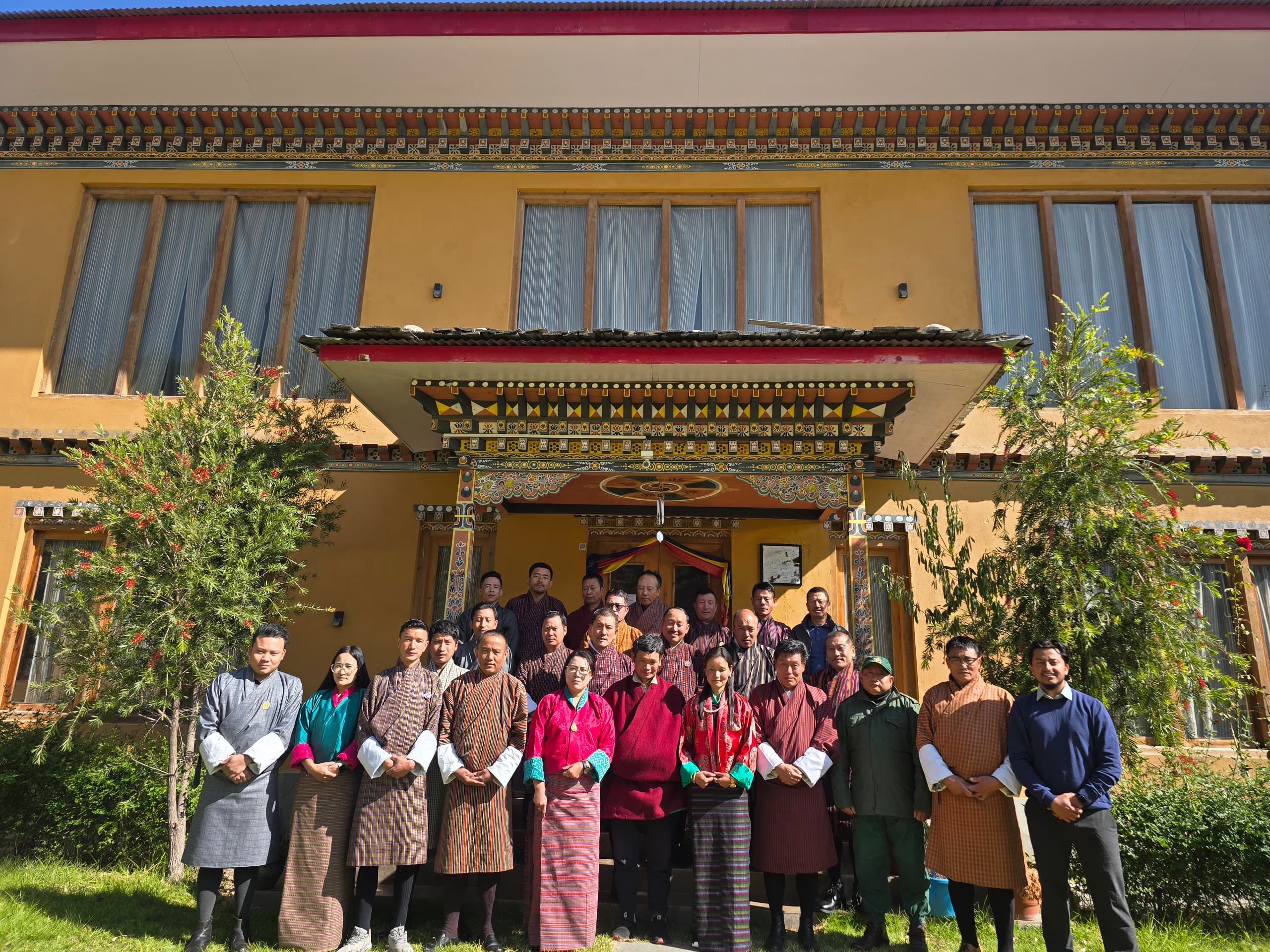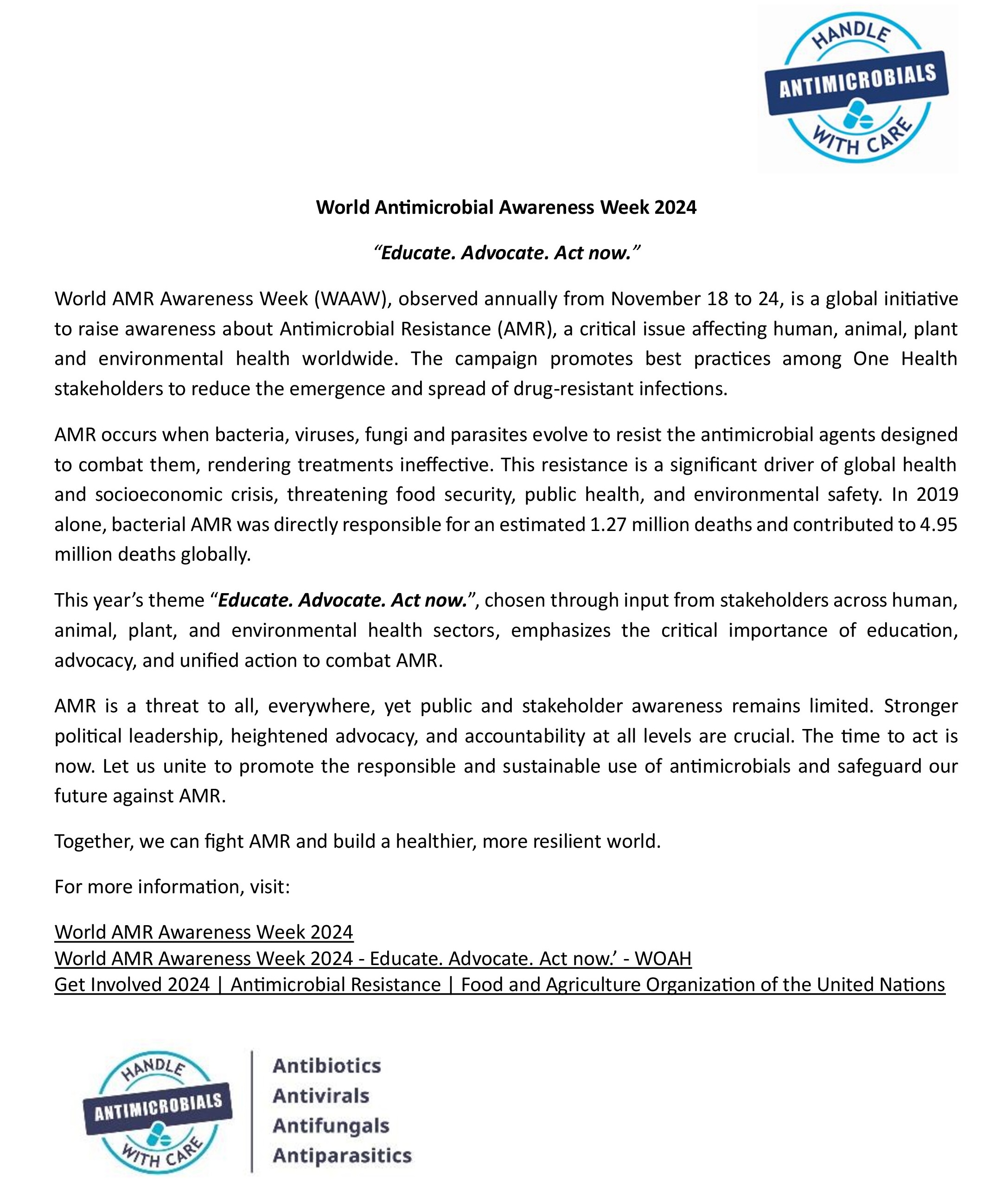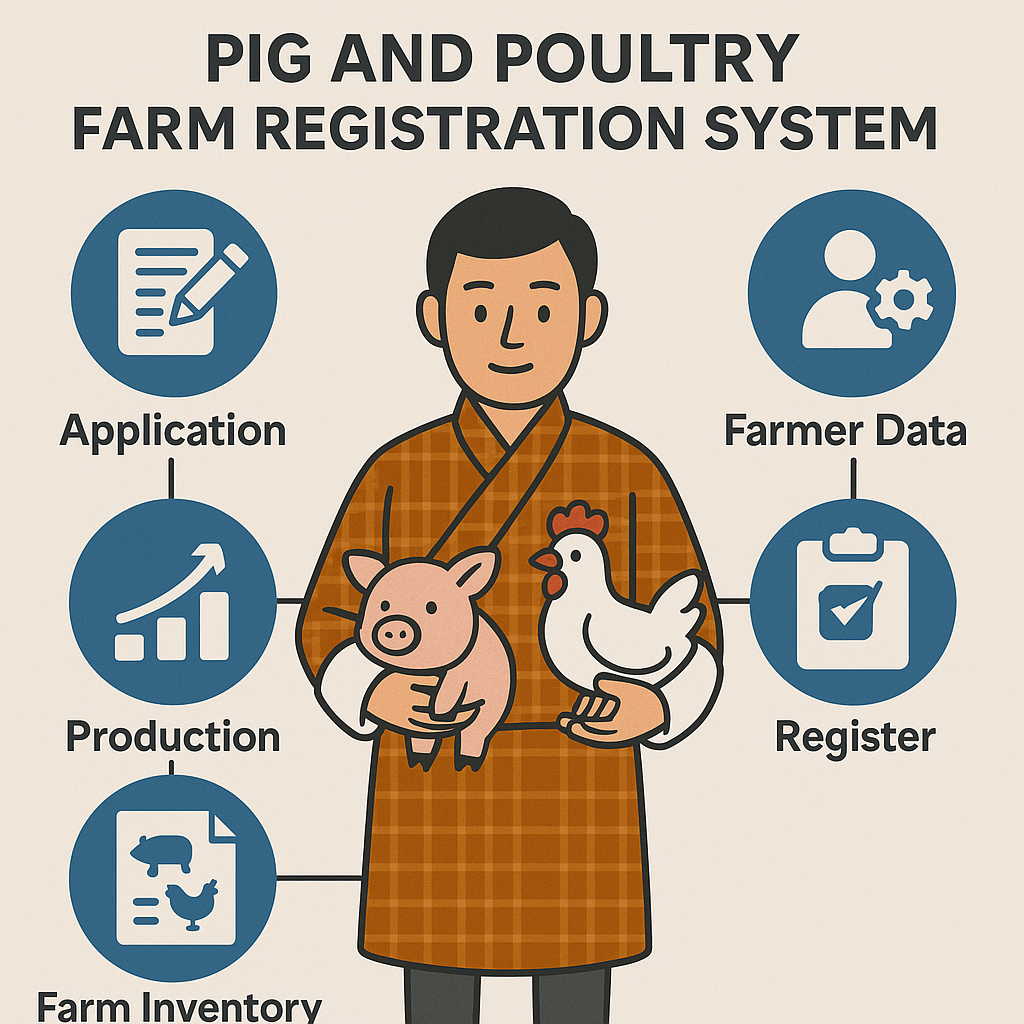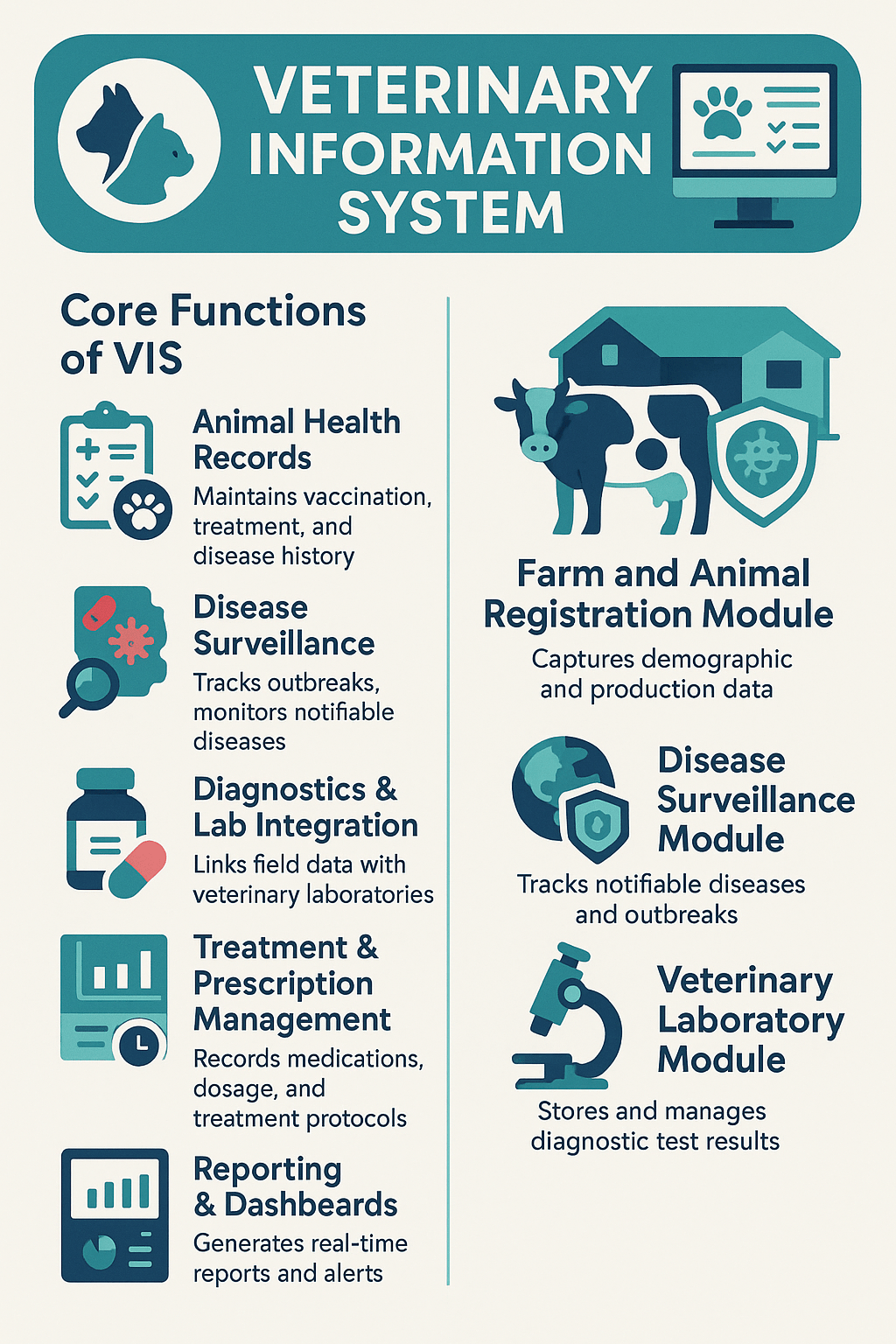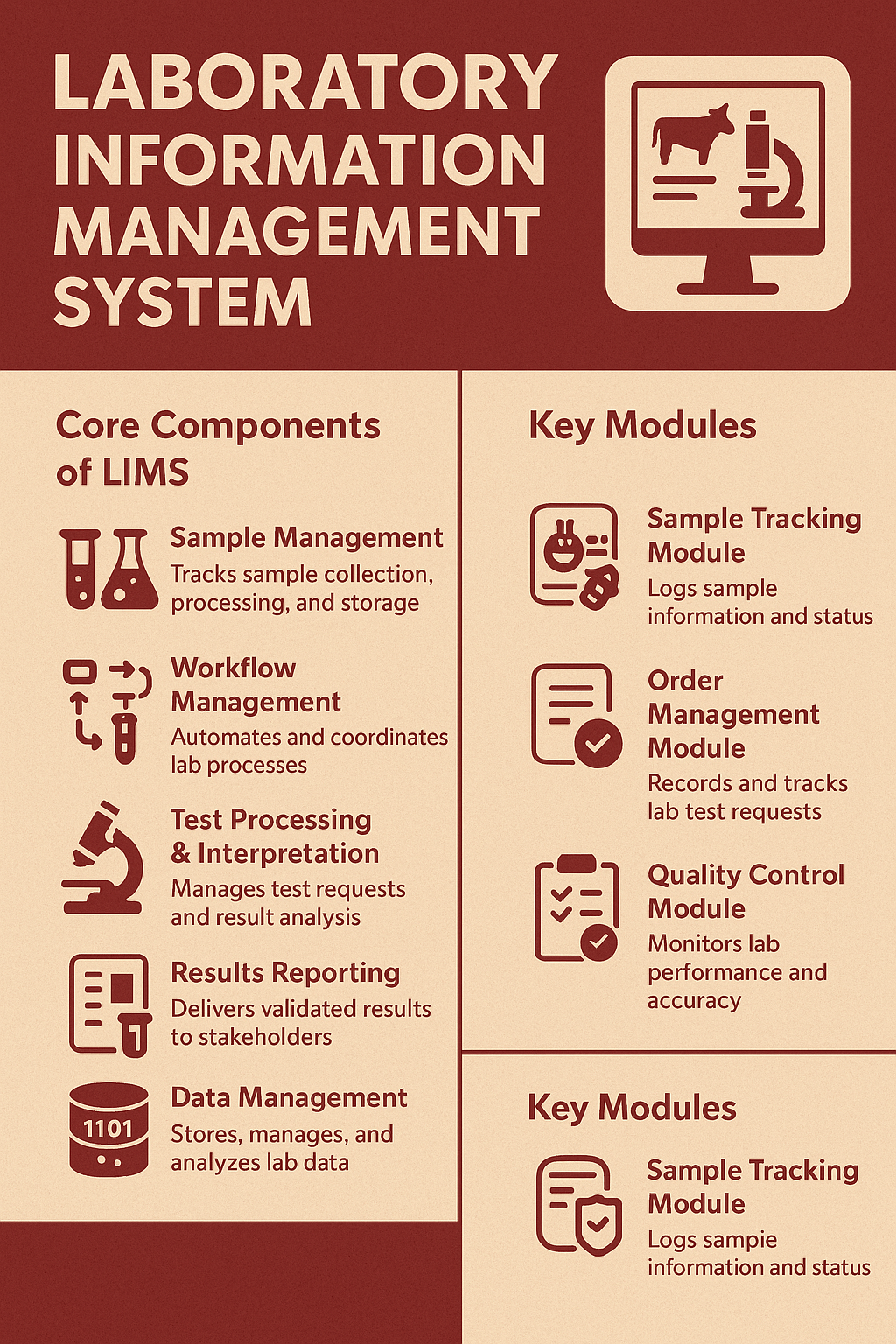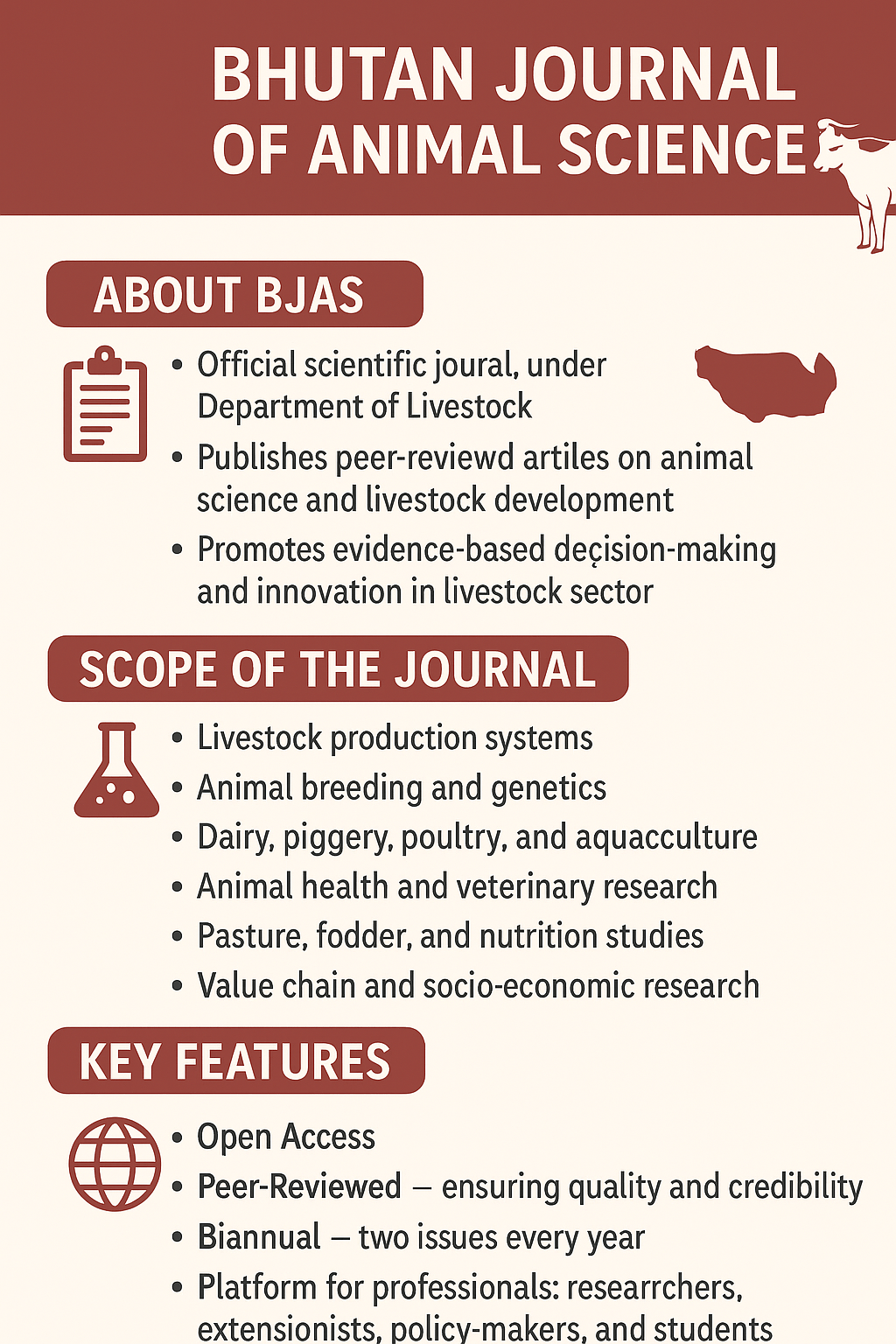The Department of Forest and Park Services along with Department of Livestock, National Land Commission of Bhutan and chairpersons from Bhutan yak cooperatives conducted workshop from 18th to 19th November, 2024 at Paro aimed at tracing seasonal mobility of yaks. The workshop was supported by ICIMOD Nepal.
In Bhutan Rangeland accounts for about 3% of total land area (As per NLCS present tsamdro map). The Workshop underscored the multiple benefits of Rangelands. Its ecosystems services include not only as grazing resources for yak and horses but also for wild herbivores. Moreover, rangelands are habitat of key biodiversity, medicinal plants, water source as well as carbon sink.
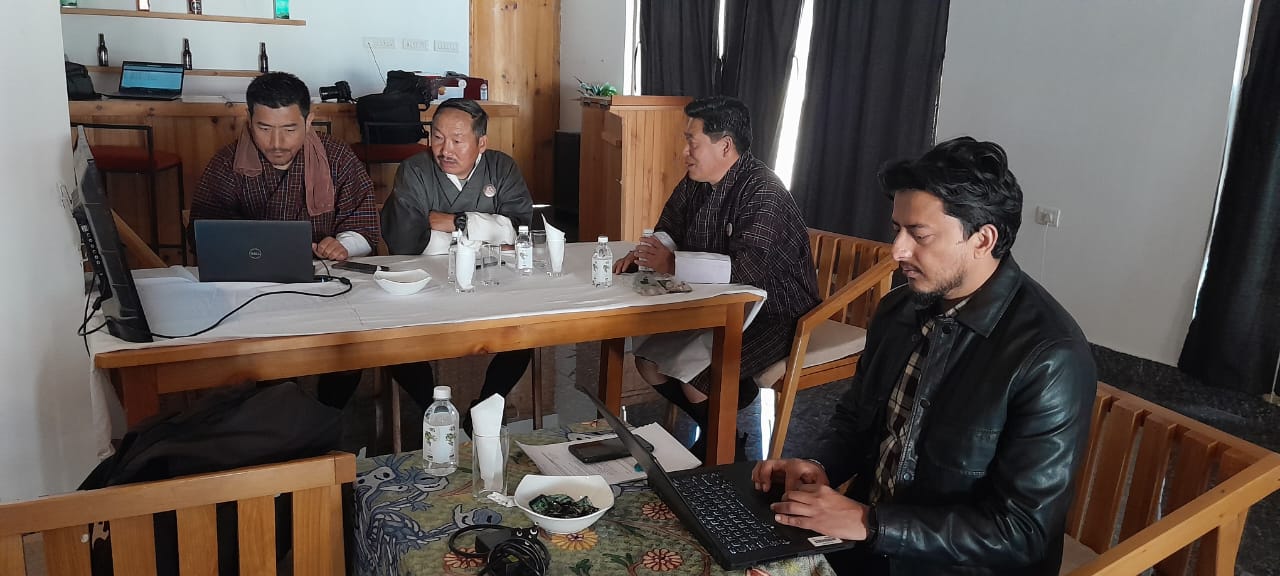
The NLCS has already nationalised the Tsamdro and it is in the process of redistributing to the herders of highlanders. With this process, the ownership of the rangelands will be clarified with the vision to ensure sustainable use of these resources by the herders for their livelihoods. However, impacts of climate change and other socio-economic factors are leading to deterioration of most of these Tsamdros. Growth of unpalatable spp, weeds, invasive spp, shrubs as well as drying of water sources are key issues. As such there is an urgent need for developing management plan for these Tsamdros.
To generate input for developing management plan, the workshop participants were trained on use of Survey 123 apps to collect data on pastures, their uses, issues and migratory pattern. The data collected will be used to develop decision support tools for use by various stakeholders including Department of Forest, Department of Livestock, Land Commission and others. The workshop also noted that the use of Survey 123 app should add value to the information already collected by NLC using Tsamdro App. The workshop agreed on action plan on implementation of the Survey 123 app with technical and financial support from ICIMOD.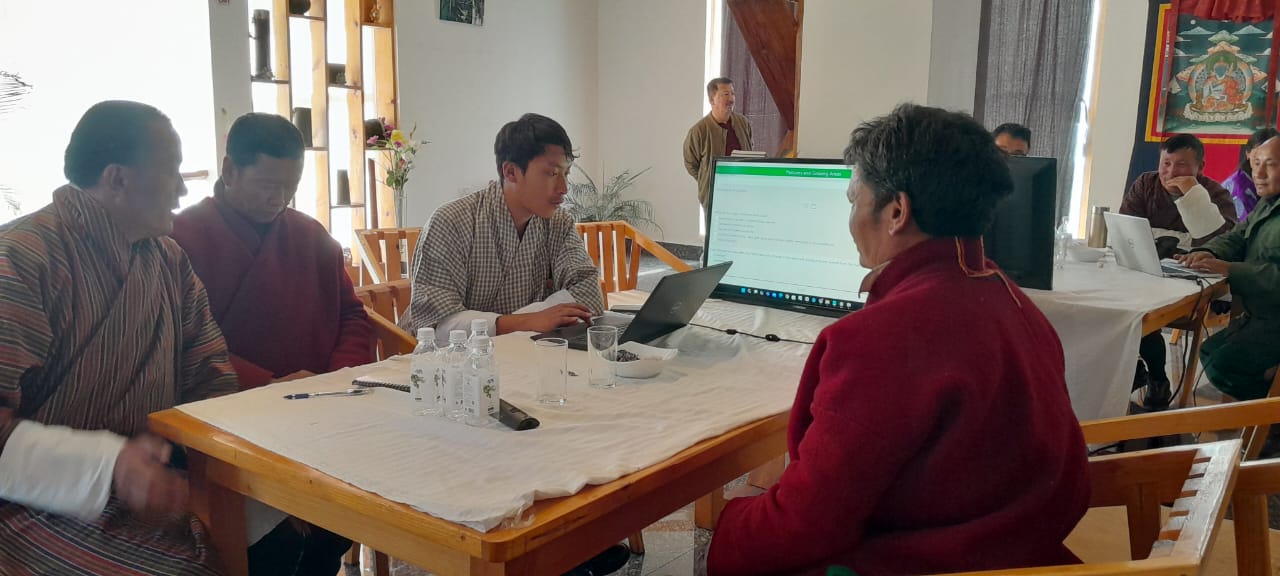
![]()

